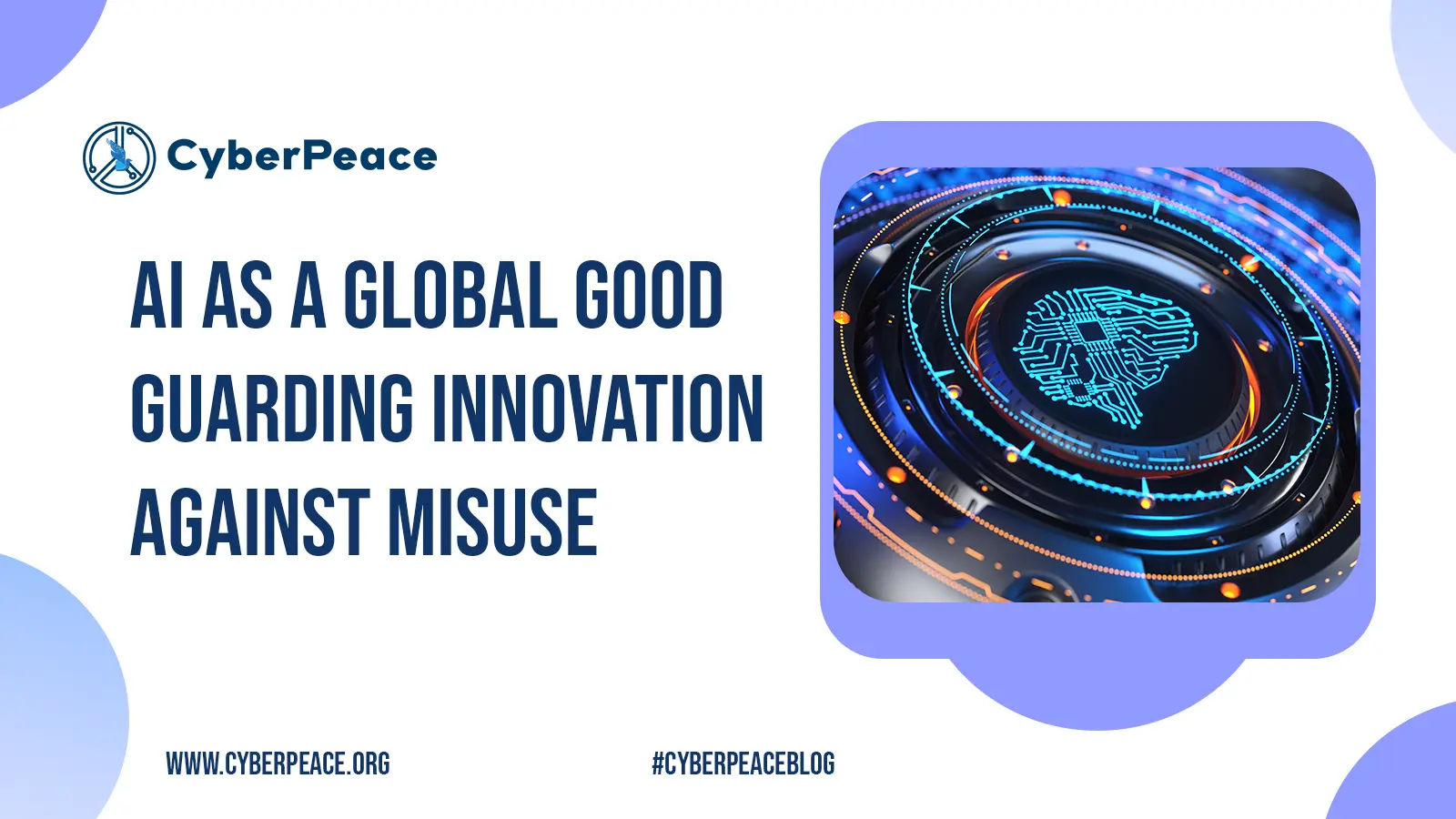Web Accessibility in India for Persons With Disability
The concept of web accessibility (i.e., access to the internet) stems from the recognition of internet access as an inalienable right. In 2016, the United Nations Human Rights Commission (UNHRC) General Assembly referred to the access to Internet as an essential human right. The Supreme Court of India also declared such internet access as a fundamental right under the Constitution of India. Various international instruments of which India is a signatory, such as the United Nations Convention on Rights of Persons with Disabilities (UNCRPD) mandate access to information. The heavy reliance on the internet and websites necessitates making the web space inclusive, navigational and accessible to all individuals, including persons with disabilities.
Various laws mandate web accessibility:
- Right of Persons with Disability Act, 2016: The Right of Persons with Disability Act 2016 Is the primary document for the protection of the rights of persons with disabilities to ensure their full participation. The Act provides several direct and indirect provisions (such as Section 2(y) “Reasonable Accommodation”, Section 40 on “Accessibility”, and Section 42 on “Access to Information and Communication Technology”) to ensure that technology products and services are accessible to a person with disabilities.
- Rights of Persons with Disabilities Rules 2017: The 2017 rules under Rule 15 (2) task the respective Ministries and Departments to ensure compliance with accessibility standards.
- Guidelines for Indian Government Websites (GIGW): The GIGW provide a framework for websites to be designed in accordance with Web Content Accessibility Guidelines (WCAG) 2.0 standards. The GIGW enables websites to obtain certification by the Standardisation Testing and Quality Certification Directorate, after audit.
Various other policies include;
- National Policy on Universal Electronic Accessibility, 2013: The National Policy ("Policy") on Electronic Accessibility recognizes the need to eliminate discrimination on the basis of disabilities and to facilitate equal access to Electronics & ICTs. The National Policy also recognizes the diversity of differently-abled persons and provides for their specific needs. The Policy covers accessibility requirements in the area of Electronics & ICT by different stakeholders. It recognizes the need to ensure that accessibility standards, guidelines and universal design concepts are adopted and adhered to.
- Web Content Accessibility Guidelines (WCAG): The WCAG defines how to make web content more accessible to persons with disabilities. While adhering to these guidelines is optional, various versions of the WCAG have been issued. It operates on four principles; perceivable, operable, understandable and robust. It provides a path to ensuring compliance and demonstrating reasonable accommodation for persons with disabilities.
However, despite the laws, web accessibility remains a challenge. A vast majority of Indian websites, especially e-commerce entities and several government websites remain inaccessible to persons with disabilities and most often do not conform with international accessibility standards. A report by the Centre of Internet and Society states that out of the 7800 websites of the Government of India, 5815 had accessibility barriers and 1985 websites failed to open. The report also notes that more than half of the websites had no navigation markup and only 52 websites had the option to change colours. The Ministry of Electronics and Information Technology (MeITy), during the 258th Session of the Rajya Sabha on 9 December 2022 noted that 95 websites of the Central Government have been made accessible to persons with disabilities during the COVID-19 pandemic, however, only 45 websites of the Central Government have been certified as compliant under the Guidelines for Indian Government Websites (GIGW). As of that date, certification of the remaining governmental websites remains incomplete due to the pandemic. Meity also stated that the Department of Empowerment of Persons with Disabilities in 2017 sanctioned a project to be implemented by ERNET India for making 917 websites of State and Union territories. Under the project, a total of 647 websites have been made accessible as of that date.
Conclusion
While India has established a robust legal framework and policies emphasizing the importance of web accessibility as a fundamental right, the existing gap between legislation and effective implementation poses a significant challenge. The reported accessibility barriers on numerous government and e-commerce websites indicate a pressing need for heightened efforts in enforcing and enhancing accessibility standards.
In addressing these challenges, continued collaboration between government agencies, private entities and advocacy groups can play a crucial role. Ongoing monitoring, regular audits and public awareness campaigns may contribute to improving accessibility for persons with disabilities to ensure an inclusive environment and compliance with fundamental laws.
References:
- https://www.legalserviceindia.com/legal/article-2967-right-to-internet-and-fundamental-rights.html
- https://www.indiacode.nic.in/bitstream/123456789/15939/1/the_rights_of_persons_with_disabilities_act%2C_2016.pdf
- https://www.meity.gov.in/writereaddata/files/National%20Policy%20on%20Universal%20Electronics%281%29_0.pdf
- https://www.meity.gov.in/writereaddata/files/National%20Policy%20on%20Universal%20Electronics%281%29_0.pdf
- https://www.w3.org/TR/WCAG21/#:~:text=Web%20Content%20Accessibility%20Guidelines%20(WCAG)%202.1%20defines%20how%20to%20make,%2C%20learning%2C%20and%20neurological%20disabilities.
- https://www.boia.org/blog/india-digital-accessibility-laws-an-overview
- https://cis-india.org/accessibility/accessibility-of-govt-websites.pdf/view
- https://sansad.in/rs/questions/questions-and-answers










